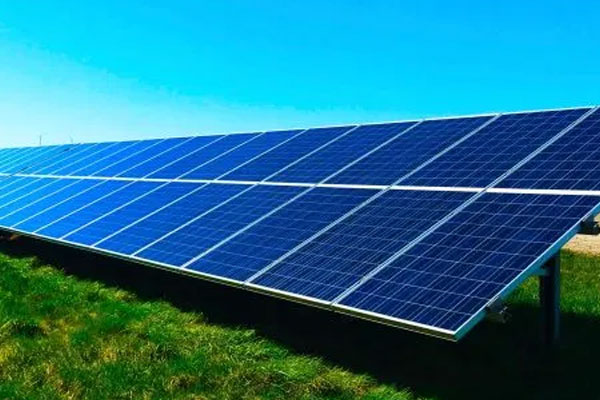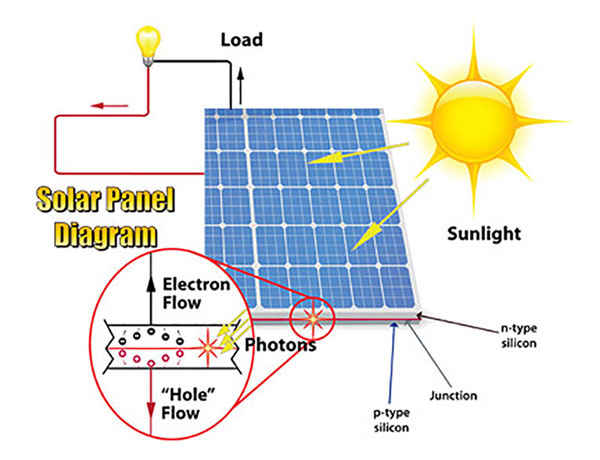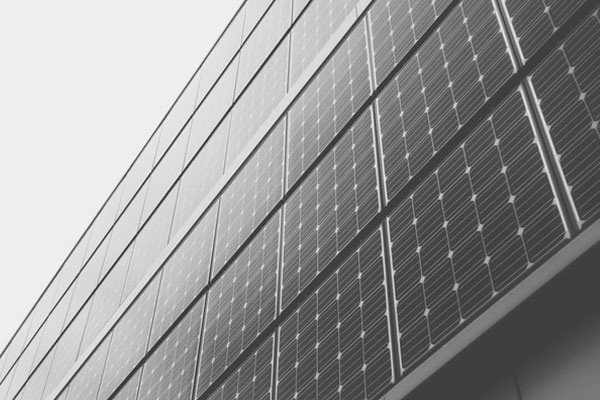What is solar energy?
Solar Energy is a plentiful, reliable and renewable energy source and is also the cleanest type of energy known to man since it is pollution-free and contributes to the reduction of a country’s carbon emissions. Commercial buildings (offices and other business organizations) depend on electricity for most of their energy consumption needs and the consumption of power in an office building during the daytime is much higher which makes them ideal to use solar power.




